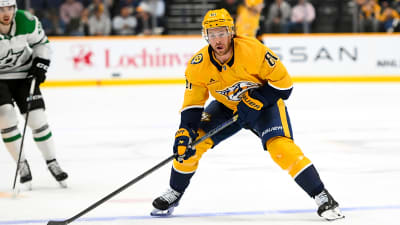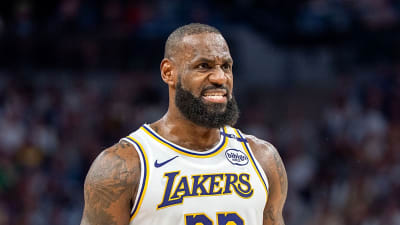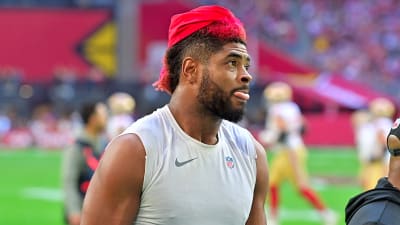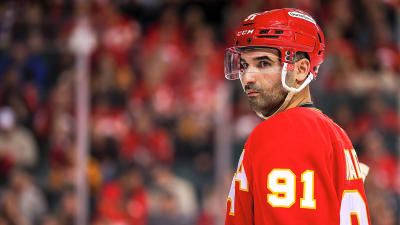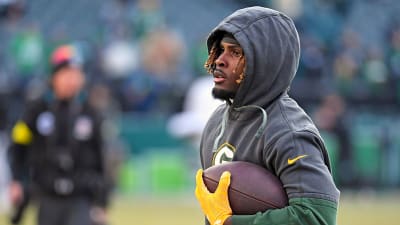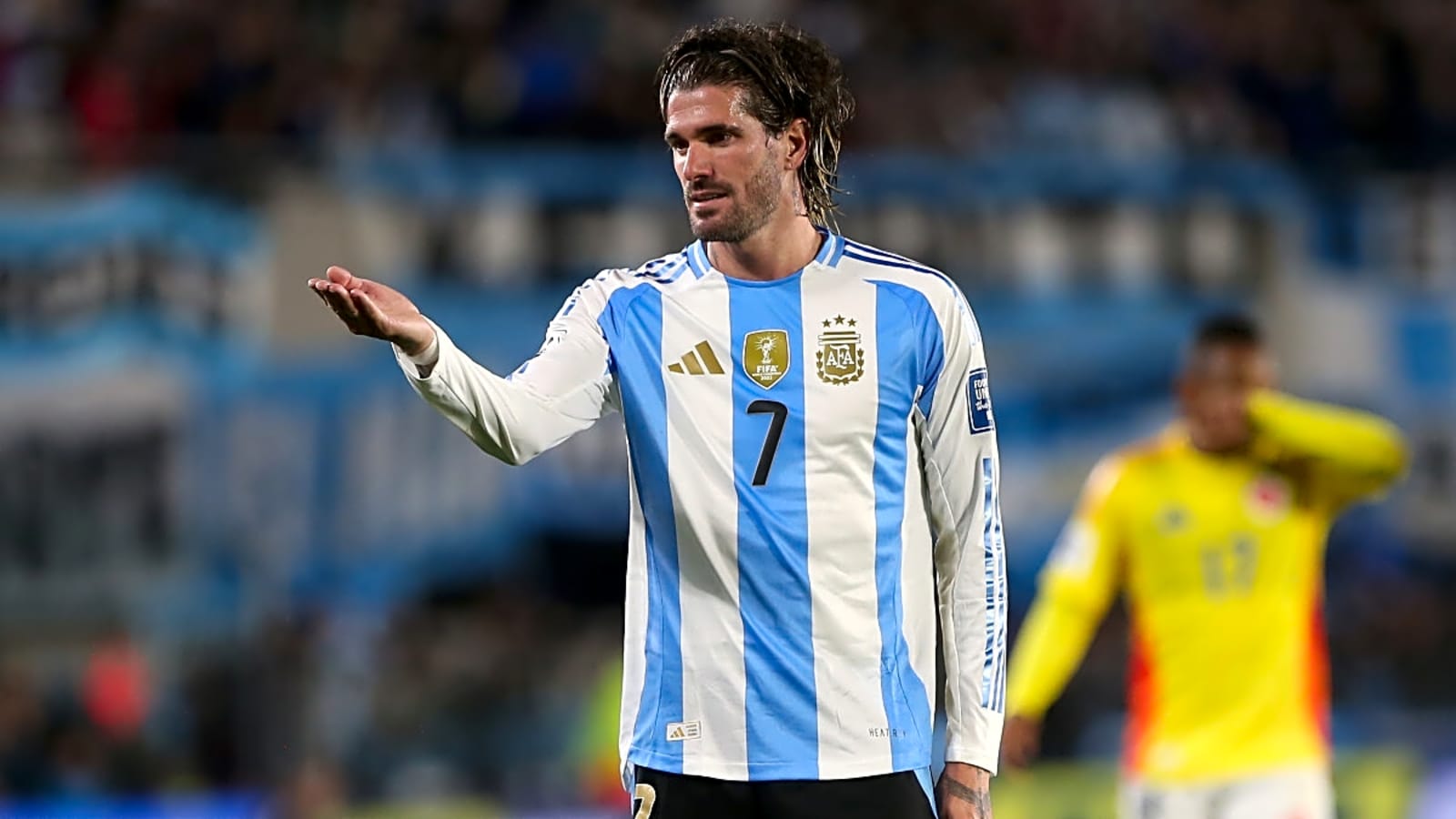
Rodrigo De Paul is set to join Lionel Messi at Inter Miami from Atlético Madrid on a four-year deal. Negotiations are underway, and the Florida-based club aims to have him ready for the transfer window—meaning he could be playing as soon as the start of August. But what does this mean for MLS?
At first glance, it’s a positive sign. De Paul’s arrival could encourage other MLS teams to invest in quality players still in their prime, rather than just veterans nearing the end of their careers. At 31, De Paul shows that MLS is evolving into a competitive league attracting talented players eager to make an impact, not just a retirement destination.
However, this move also poses challenges. It could force the league to rethink its salary rules, as De Paul’s reported $7.7 million annual salary for the 2024/25 season exceeds what most MLS clubs can spend on their entire roster.
While mechanisms like the Designated Player tag and Targeted Allocation Money allow teams to exceed the salary cap—adding roughly $2.2 million in flexibility with the TAM—they might not be enough to cover such high wages without significant roster adjustments.
Ultimately, De Paul’s signing could signal a new era for MLS, raising the league’s competitive level but also testing its financial and regulatory frameworks.
Rodrigo De Paul, Final del Mundo 2022.pic.twitter.com/ThRbkTz4l8
— Sudanalytics (@sudanalytics_) July 16, 2025
MLS Lack on Players Like De Paul
Rodrigo De Paul is another star arriving in MLS, but unlike many high-profile players who came before him—such as Zlatan Ibrahimović, Marco Reus, Lionel Messi, and Gareth Bale—he’s still relatively young and can maintain a high level of performance at least through the 2026 World Cup, where Argentina will be chasing back-to-back titles with Messi and other experienced veterans.
De Paul is coming from La Liga, a league known for its tactical play and controlled tempo, which contrasts with the faster pace and more intense transitions typical of MLS matches. He prefers to control the ball closely, much like Sergio Busquets, but brings more aggression and energy than a typical defensive midfielder.
Back when he rose to prominence in Italy’s Serie A with Udinese, De Paul showed his ability to dribble past opponents, though his standout skill has always been playing effectively without the ball. In the 2024/25 season, over a full 90-minute match, he averaged 2.3 tackles and won 52% of aerial duels—strong defensive metrics for a midfielder.
Offensively, De Paul is equally dynamic. He completes nearly 90% of his passes and boasts a 70% success rate on through balls, averaging 6.8 per 90 minutes. This combination of quality and intensity—both with and without the ball—is often missing in MLS players who come from different playing styles focused on speed and quick transitions.
Given his skill set, it wouldn’t be surprising if De Paul contributes a few goals and becomes a key leader in scoring for Inter Miami as the season and playoffs unfold.
4 years ago, Rodrigo De Paul delivered one of the greatest midfield masterclasses ever seen in a major international final. ⚽
— SabrFC (@Sabrfooty) July 12, 2025
Tireless runs, pinpoint passes, fearless tackles he did it all.
A performance for the history books.
pic.twitter.com/qJMvWQbvLb
Rodrigo De Paul 2024/25 Season Stats
- Matches played: 34
- Goals: 3
- Assists: 5
- Yellow cards: 7
- Red cards: 0
- Passes per game: 71.4 (accuracy around 83.9%)
- Key passes per game: 1.68
- Expected assists: 0.28 per 90
- Shot-creating actions: 1.9 per 90
More must-reads:
- Insider shares major LeBron James retirement update
- Steelers, T.J. Watt finalize extension to make him highest paid non-QB again
- The 'MLB All-Star Game MVPs' quiz
Breaking News
Trending News
Customize Your Newsletter
 +
+
Get the latest news and rumors, customized to your favorite sports and teams. Emailed daily. Always free!
